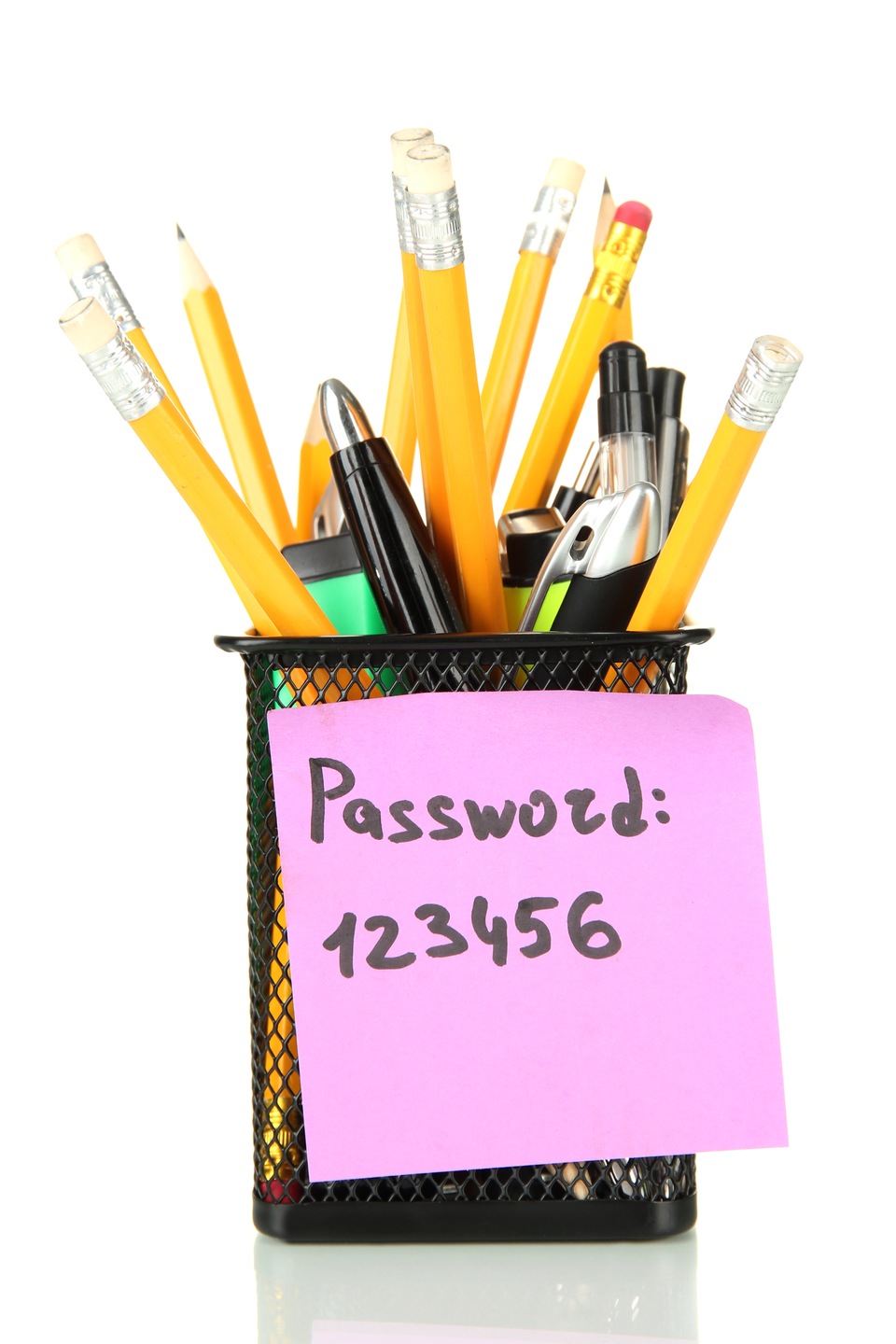☰ Menu
Menu
The dreaded task of creating or updating a password! We know it stinks coming up with a password, but it’s so so so important to create a secure password these days! There are a number of ways in which you could become a victim of password hacking.
Dictionary. There are computer programs that hackers use that runs through the dictionary and combinations of the words in the dictionary and numbers. Hackers can run this program and not even break a sweat to steal your password. All in all, just avoid dictionary words or slang terms, or words spelled backwards. These are easily hacked passwords.
Social Media. Just don’t use someone’s first name as a password, because you’re going to use a spouse, child, relative, or pet’s name. When you click on the “forget password” link, you’re asked to answer a series of questions, and most of those questions can be found on your social media profile. Try to get a little creative with your password!
Simple Passwords. Don’t use anything personal like your name, birth date, favorite color, and don’t do a simple number correlation as a password. 123456 is not a safe password, neither is 111111, qwerty, or abc123.
Reuse of passwords. If you use the same password for all of your emails, social media accounts, and banking account, you will be victim of all three if one password gets hacked.
Now that we’ve gone over the do not’s, let’s give you some tips on how to make you password secure.
Now that you’ve got the do’s and don’ts of a password, go have fun creating new passwords for your online accounts! It may be difficult to remember which website has which password, so writing down your passwords is not a bad idea, as long as you keep them in a safe place. Places not to leave passwords: out in plain sight, on your computer, on your desk, in your desk drawer. A place that you know is secure, like your wallet, or your favorite book on your bookshelf might be better places. Do you have any more tips we didn’t mention? Let us know!
